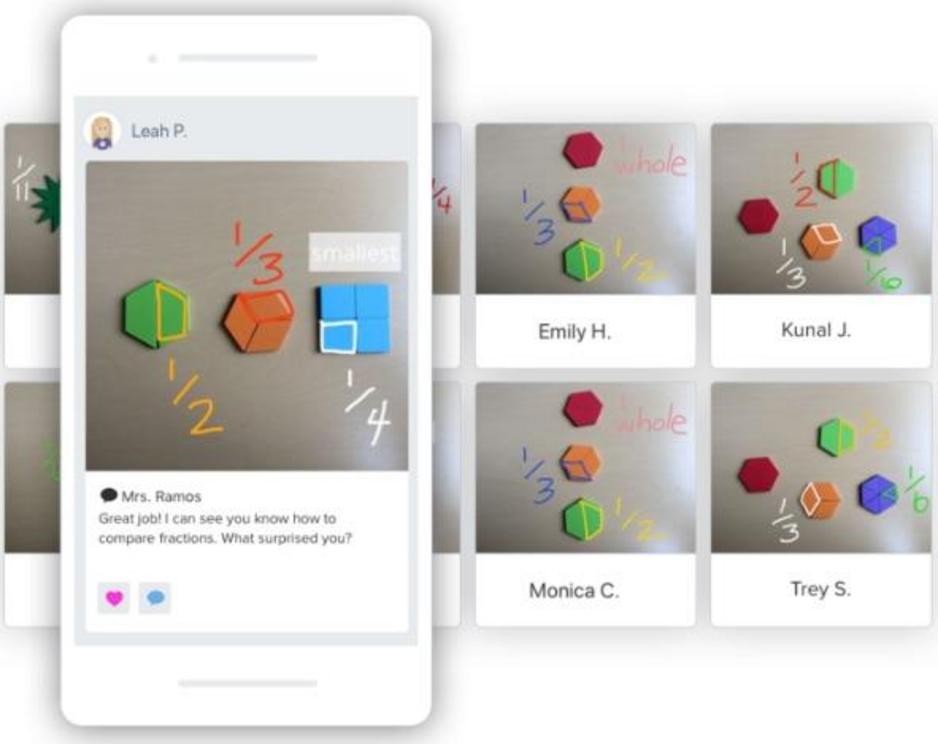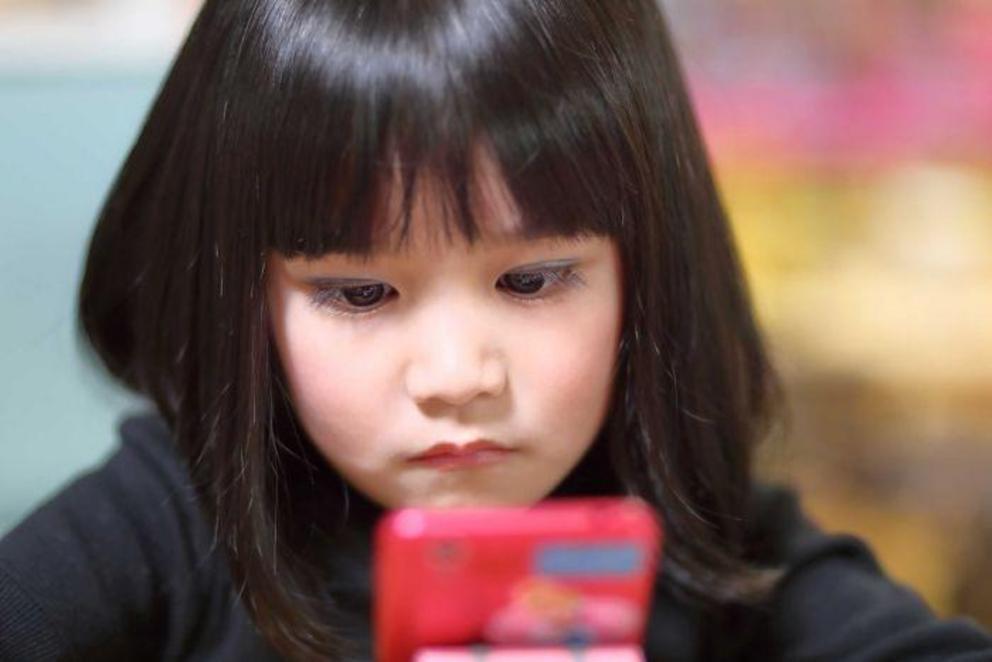Family violence perpetrators using school apps and web portals to harass, stalk and intimidate
At first, Michelle* thought Seesaw was a great idea. The app, founded by former Facebook employees, allows parents to check in on their child's progress at school.
- Family violence perpetrators are exploiting school technology
- Advocates say these technologies are being used to stalk and harass
- Parents say going offline to avoid risk means their children are unfairly excluded
She would comment on her son's work on the platform — a nice drawing, a video of him reading.
But then, her former partner unexpectedly liked a post. Later he made a comment, mentioning her by name.
"And that's when I realised, 'Oh my god, he can see everything I post'," she said.
Michelle left her partner after incidents of abuse, and she remains vigilant about being monitored and harassed.
While she shares custody of their children, it was an unpleasant shock to discover yet another way he could let her know he was watching.
Michelle's experience is an example of the way technology for children, particularly for use at school, can inadvertently provide a vulnerability for abusers to exploit.
The role of technology in family violence is a recognised phenomenon: The 2015 ReCharge survey of 546 domestic-violence-sector workers found 98 per cent said they had clients who had experienced technology-facilitated stalking and abuse — most commonly, via text messages.
"Gone are the days when you can just use something because it's practical and it's there," Michelle said.
"You've got to stop and think ahead and say, 'Hang on, are there any implications of me using this? Does this give him another level of access to know my whereabouts, to know what I'm doing or saying?'"
Unintended consequences
Schools may not think about new technology through the lens of family violence before rolling it out, suggested Emily Maguire, the chief executive of the Domestic Violence Resource Centre Victoria.
"It's often not something that parents think to mention either, unless they know that those apps have been used to perpetrate violence," she said.
Selena's* former partner was suspended from attending their son Nate's school in person, but its online information portal provided another opportunity for unwanted access.
The student intranet, which allowed parents to log in, included profile information, learning tasks and a class timetable with specific room locations.
"He felt that by his father entering into the portal, that he could see him," Selena said.
"It compromised Nate's sense of safety at the school."

Using Seesaw, teachers can share pictures of student work for parents to like or comment on.
(Seesaw screenshot)
In Selena's view, the father's suspension from school grounds should also have included digital spaces, but it was difficult at first to get the legal system and the school to see it that way.
Nate eventually went to court to get an intervention order against his father, with language specifically excluding him from his son's digital presence.
But Selena felt her family's relationship with the school was damaged by the bruising fight, and her son has now changed schools.
"The new school is a digital-free environment. The students use books and pencils, and there are no parent or student portals," she said.
"We've both spoken about it being an extraordinary relief."
What should schools do?
While policies and obligations vary, most public and independent schools have a responsibility to protect confidential information and to respond to the online safety of students.
Australia's eSafety Commissioner, Julie Inman Grant. said technology could be compromised, including the devices used by children for their school work.
Do you know more about this story? Email [email protected].
"While all children have the right to be protected from harm online, there will be a significant proportion of children within their community who are also directly experiencing domestic and family violence issues, with particular needs which must be taken into account," she said.
Selena said she sympathised with schools.
"They're not trained, and they particularly don't understand the insidious nature of psychological violence," she said.
In Michelle's case, because she and her former partner share parental responsibly she has no legal way of ensuring the school does not give him access to information, including to Seesaw.
Play
Press play then disable your screen reader. Use space bar to pause or play, and up and down arrows to control volume. Use left arrow to rewind and right arrow to fast forward.
Carl Sjogreen, the cofounder of Seesaw, said his company took such issues seriously.
However, parents don't have many options for customising their child's experience of the platform, other than negotiating with the school or opting them out.
A parent can be approved for or removed from a child's portal on Seesaw by their teacher.
Comments are also pre-moderated by teachers, but cannot be turned off for individual students — only for the entire class.
"We generally defer to the teacher or the school to make sure they're using Seesaw in a way that's acceptable to all parties," Mr Sjogreen said.
Constant vigilance required
Family violence perpetrators often use a range of tools to harass and keep tabs on their partners, and children's technology outside the classroom can also provide a means of tracking and contact.
Karen Bentley, the national director of the Women's Services Network, said even a tablet computer set up with the perpetrator's cloud account could disclose a child's location.
Ever vigilant, Michelle has given her children "dumb phones" that can't have apps uploaded.
But once again, she said, the responsibility is put on the survivors of family violence to remain constantly cautious about their technology.
Michelle said not being able to freely use school technology meant at times, she and her children felt excluded from the school community.
"You opt in [to school technology], so I think they feel like they're giving you a choice. Well, if you're going to be bothered by being stalked, then you don't opt in," she said.
"It actually means that as the victim, you end up missing out of sorts. And so does your child."
Selena agreed, adding that her son had expressed resentment and anger about the situation — that he didn't "see himself as normal" among his peers.
"He's got to be constantly vigilant in the digital realm," she said.
For full references please use source link below.
Video can be accessed at source link below.

